Consumers contribute N783 billion as electricity subsidy consumes N376 billion
Between January and September of the current year, the Federal Government expended N375.8 billion on electricity subsidy, while consumers contributed a total of N782.6 billion for the same period, according to information gathered on Sunday.
The most recent electricity subsidy data, acquired in Abuja from the Nigerian Electricity Regulatory Commission, a Federal Government agency, indicates that the government provided subsidies for electricity during the first, second, and third quarters of 2023.
It was also discovered that power distribution companies billed electricity users a total of N1.06 trillion nationwide over the nine-month period. However, despite widespread blackouts in various parts of Nigeria, they collected N782.6 billion.
Regarding subsidy payments, it was noted that in the first quarter of this year, the Federal Government subsidized power by N36 billion. This figure increased to N135.2 billion in the second quarter and further rose to N204.6 billion in the third quarter. Figures for the fourth quarter are unavailable as the year is still in progress.
Explaining the rationale behind the subsidy in its recently published third-quarter 2023 report, the NERC clarified that it stems from the absence of cost-reflective tariffs.
The commission stated, "In the absence of cost-reflective tariffs, the government commits to bridging the resulting gap (between the cost-reflective and allowed tariff) through tariff shortfall funding. This funding is applied to the Nigerian Bulk Electricity Trading Company (NBET) invoices that Discos are required to pay.
"The amount allocated to be covered by the Disco is determined based on the tariff they are permitted to charge, as outlined in their Minimum Remittance Obligation specified in the periodic Tariff Orders issued by the Commission."
It's noteworthy that due to the absence of cost-reflective tariffs across all Discos, the government incurred a subsidy obligation of N204.59 billion in 2023/Q3 (averaging N68.20 billion per month). This marks an increase of N69.37 billion (+51.3 percent) compared to the N135.23 billion (averaging N45.08 billion per month) incurred in 2023/Q2. This surge is primarily attributed to the government's policy to harmonize exchange rates.
The heightened subsidy obligation meant that in 2023/Q3, Discos were anticipated to cover only 45 percent of the total invoice received from NBET. To facilitate the administration of the subsidy, the Minimum Remittance Obligation (MRO) is limited to NBET only, with the Market
Operator (MO) being allowed to recover 100 percent of its revenue requirement from the Discos.
In terms of electricity bill payments, it was observed from the quarterly reports of the power regulator that consumers paid N247.09 billion, N267.86 billion, and N267.61 billion in the first, second, and third quarters of 2023, respectively. This aggregates to a total of N782.56 billion.
Additionally, it was noted that during the three quarters (first, second, and third), the electricity bills from Discos to consumers amounted to N349.55 billion, N354.61 billion, and N359.38 billion, respectively. The cumulative bill for the nine-month period totaled N1.06 trillion.
In its most recent third-quarter 2023 report, the NERC indicated that "all Discos collectively collected ₦267.61 billion out of the ₦349.55 billion billed to customers during 2023/Q3.
"This translates to a collection efficiency of 76.56 percent, marking a +1.02 basic points increase compared to 2023/Q2 (75.54 percent). The improved collection efficiency can be attributed to the implementation of various collection campaigns aimed at enhancing remittance by post-paid customers."
Regarding market remittance, it stated, "In 2023/Q3, the cumulative upstream invoice payable by Discos amounted to ₦208.7 billion, comprising ₦167.4 billion for generation costs from NBET and ₦41.3 billion for transmission and administrative services by the Market Operator."
"Out of this total, the Discos collectively submitted a remittance of ₦158.43 billion (₦124.53 billion for NBET and ₦33.9 billion for MO) with an outstanding balance of ₦50.27 billion.
This results in a remittance performance of 75.91 percent in 2023/Q3, marking a decrease of 19.30 basic points compared to the 95.21 percent recorded in 2023/Q2."
Regarding remittance by special and cross-border customers in 2023/Q3, the commission noted that none of the four international customers supplied by Nigeria's power generation companies made any payment against the cumulative invoice of $11.16 million issued to them by the MO for services rendered in the period.
"Similarly, none of the 16 bilateral customers operating in the NESI (Nigeria Electricity Supply Industry) made any payment against the cumulative invoice of N2,814.68 million issued to them by the MO for services rendered in 2023/Q3," stated the NERC.
The head of the Electricity Consumers Association of Nigeria, Chijioke James, expressed uncertainty about whether the government was genuinely providing a subsidy for electricity, as asserted.
He also criticized the government's comparisons that seemed to imply Nigerians were paying less for electricity than many of their counterparts.
James stated, "The claimed government subsidy lacks transparency. The process for how the government administers this subsidy is unclear. If we had a transparent process, everyone could witness the extent of the government's commitment and better understand it."
"Our primary concern revolves around the transparent delineation of what comprises the subsidy and the tariff structure. With a transparent process, we could conduct a cost-benefit analysis, enabling all stakeholders to ensure that everyone is inclusively and equitably considered."

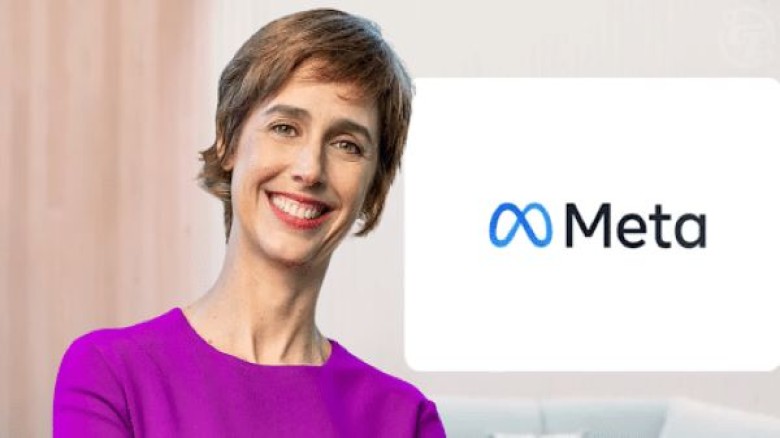









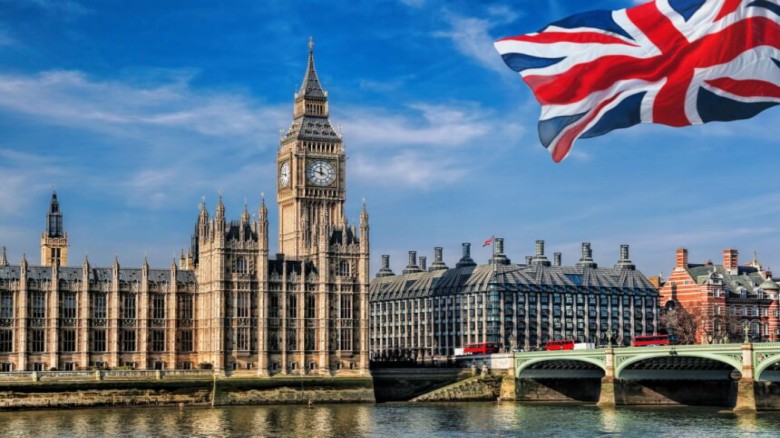
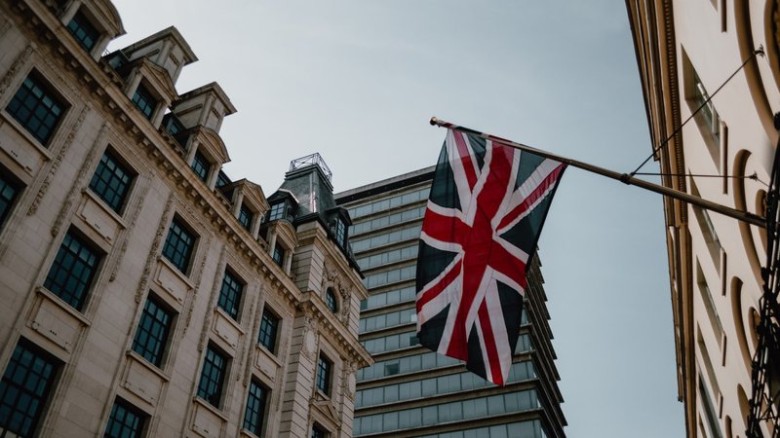


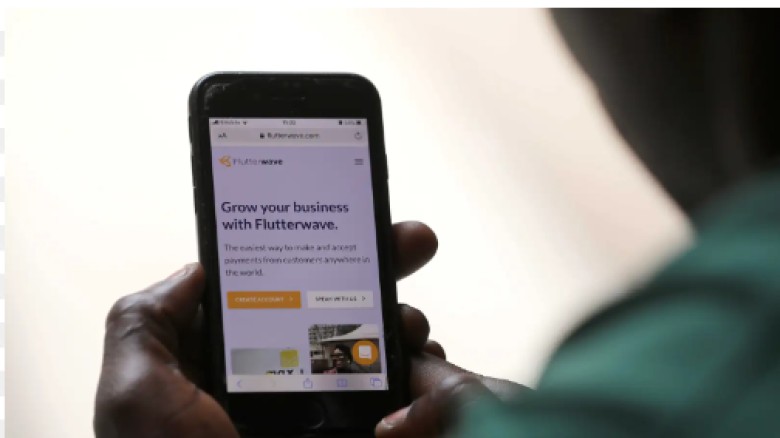

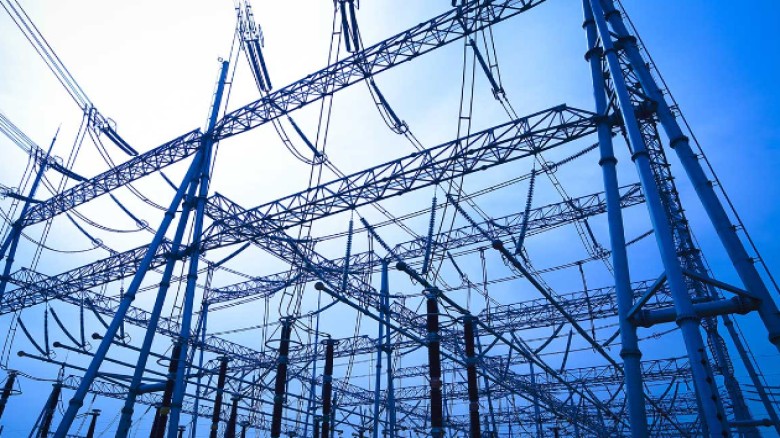
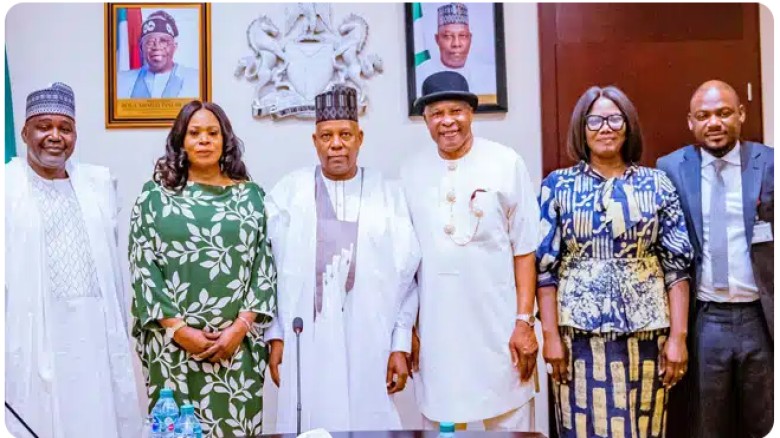
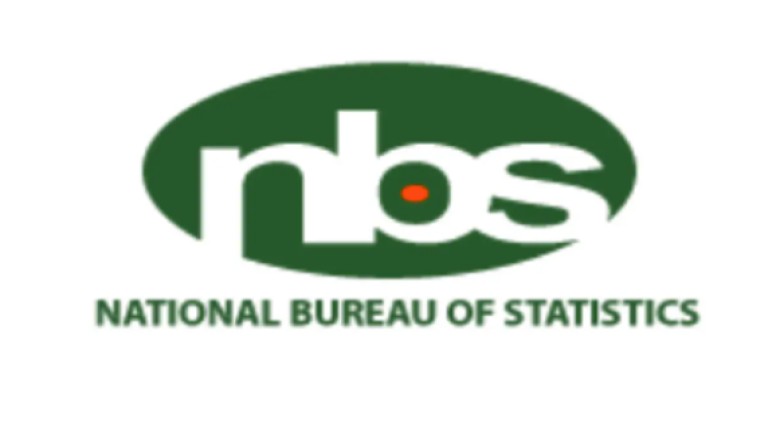




Leave A Comment